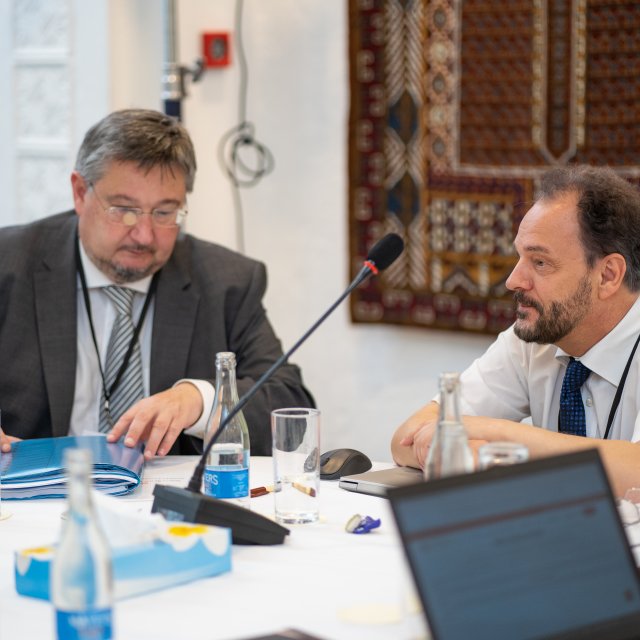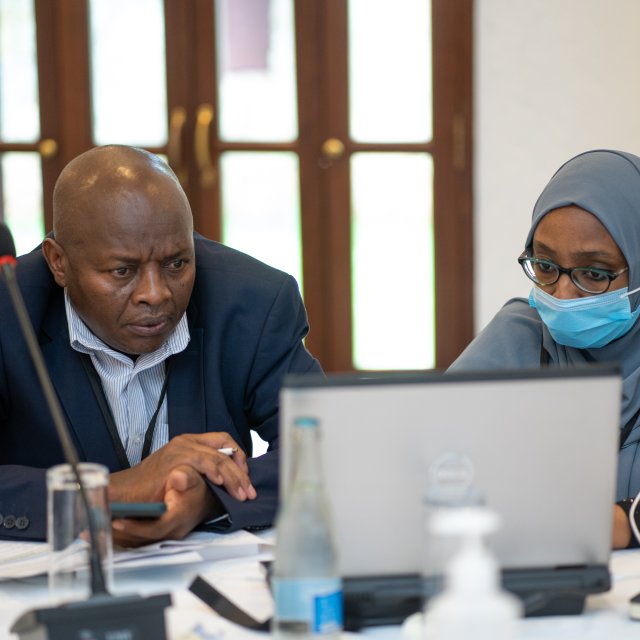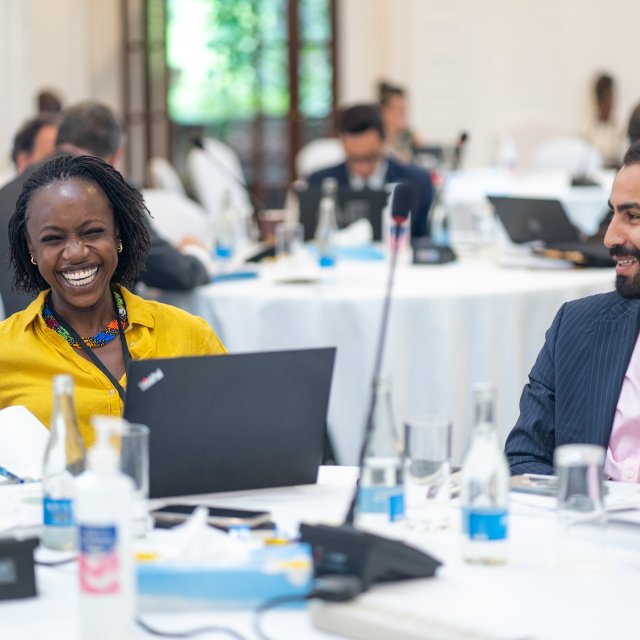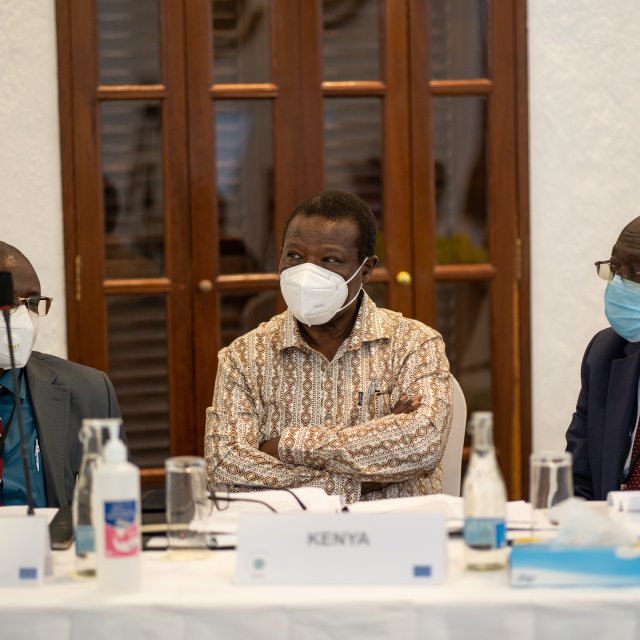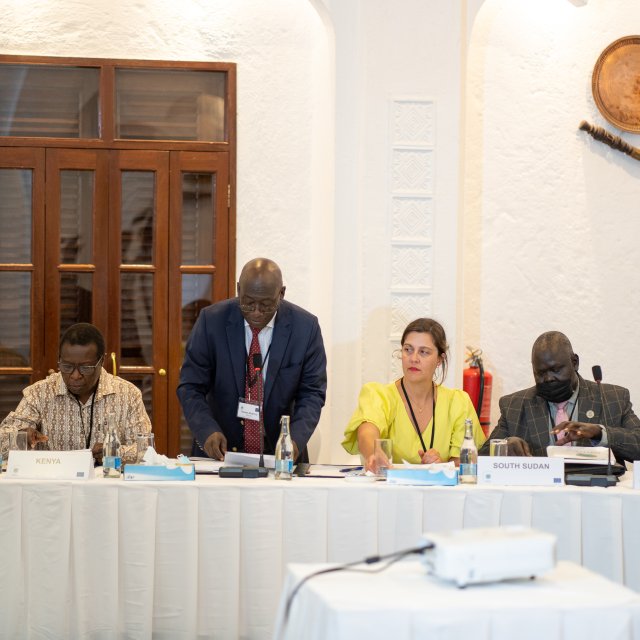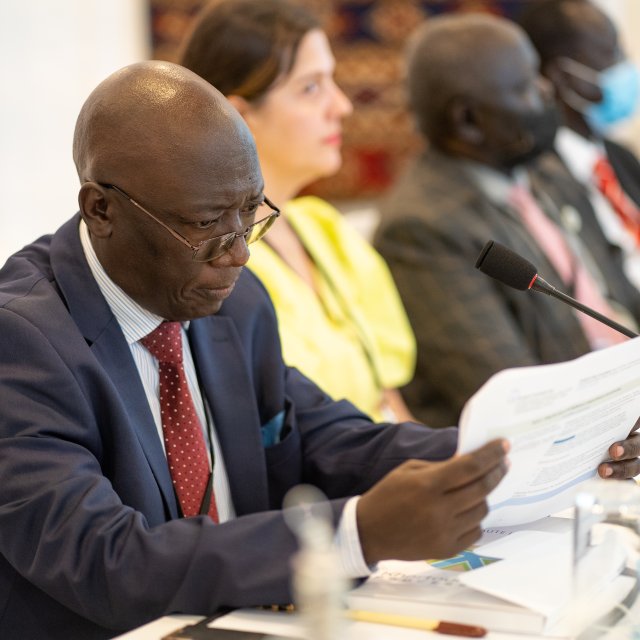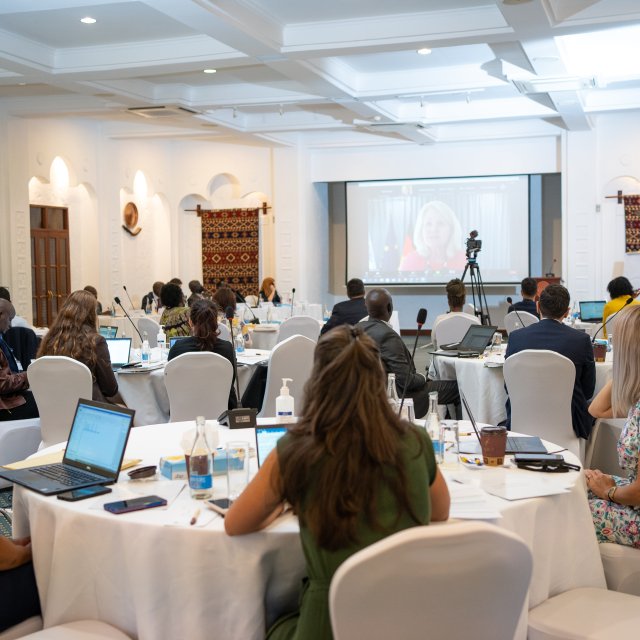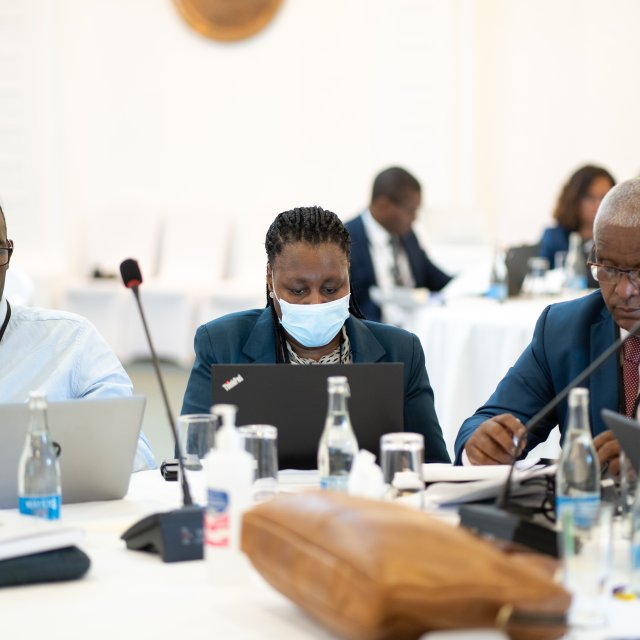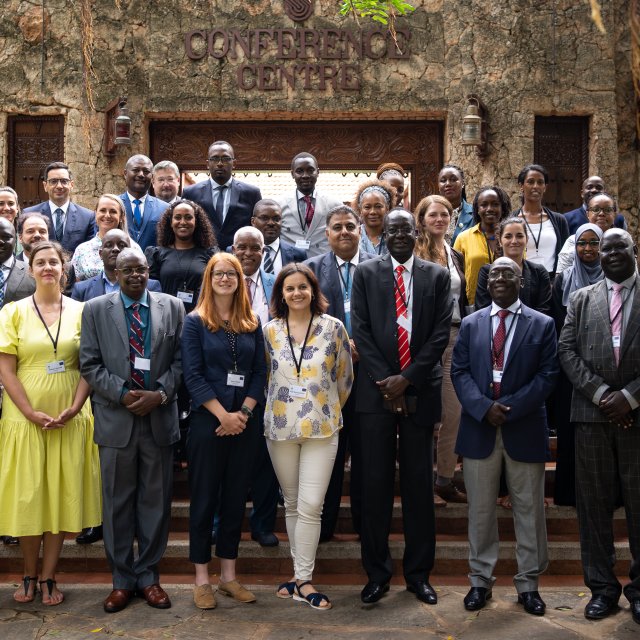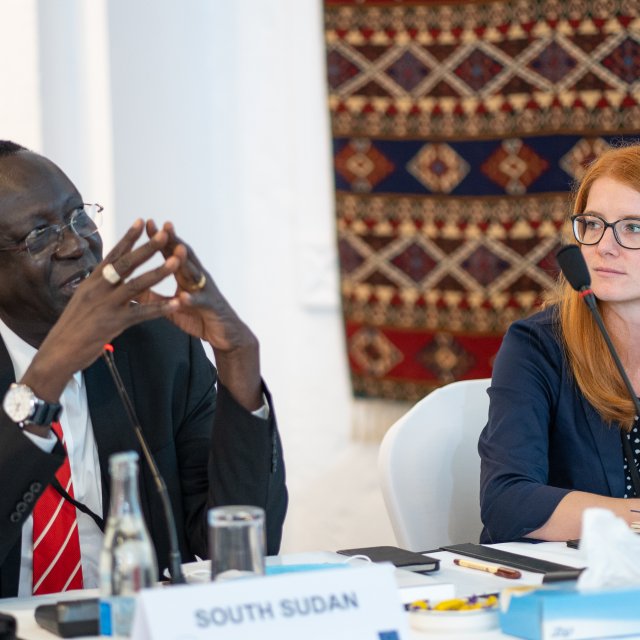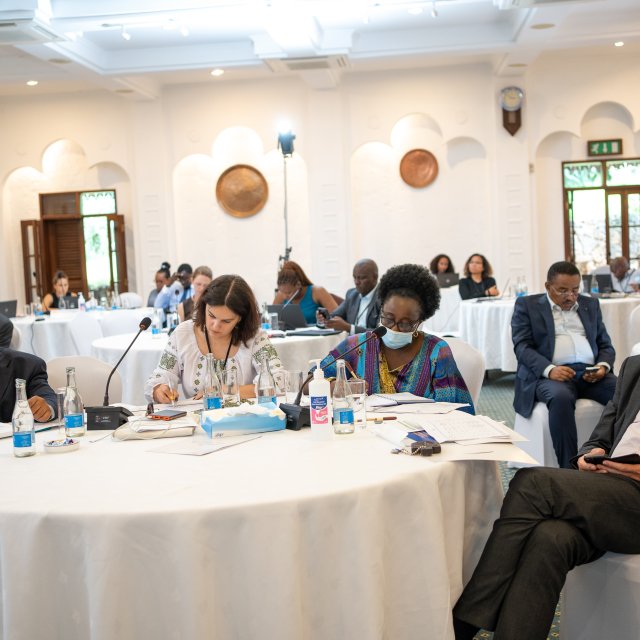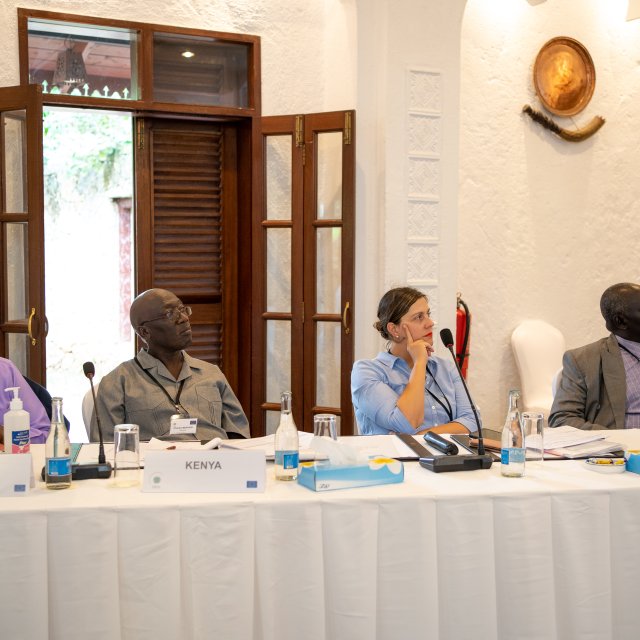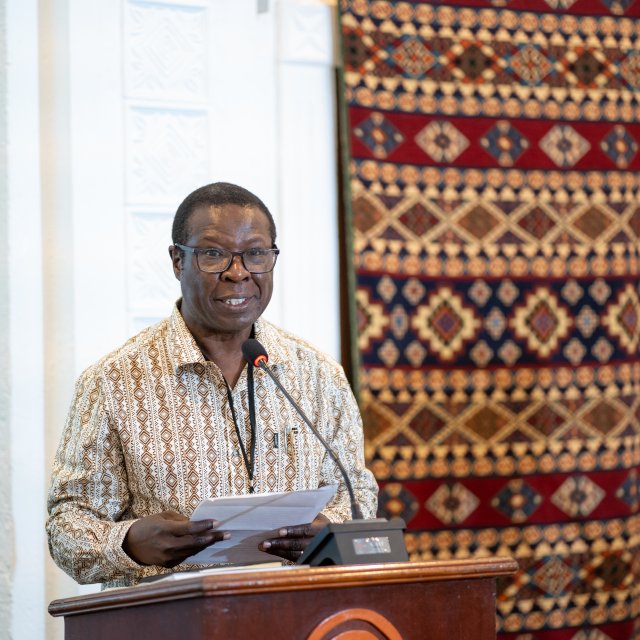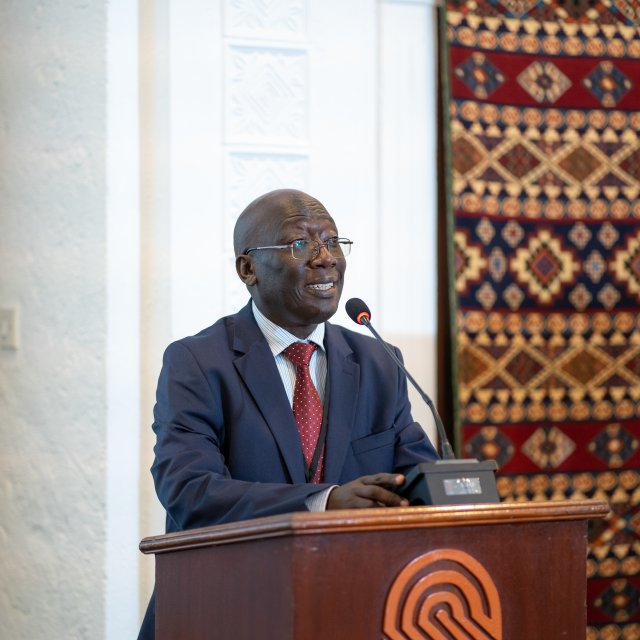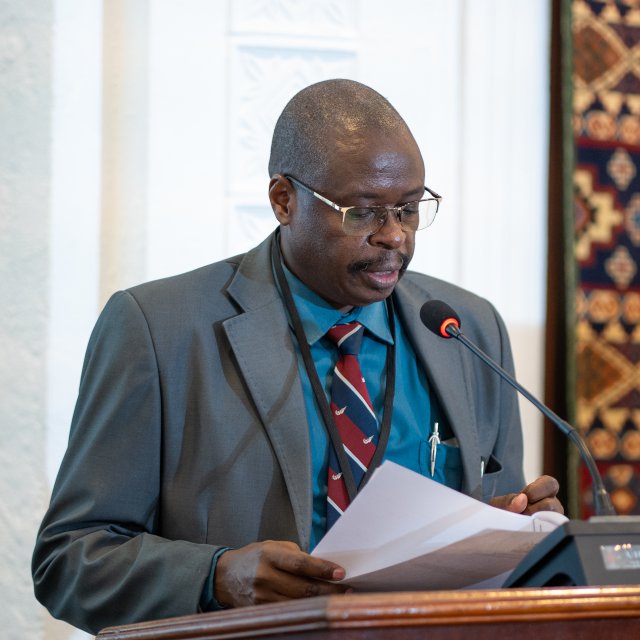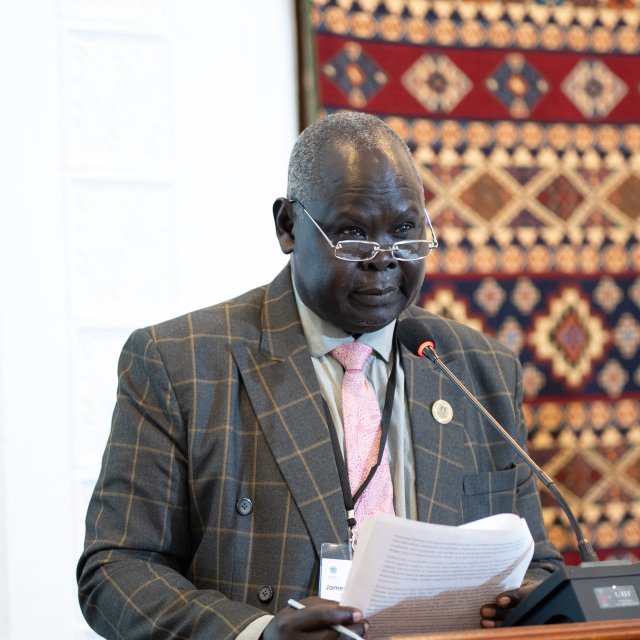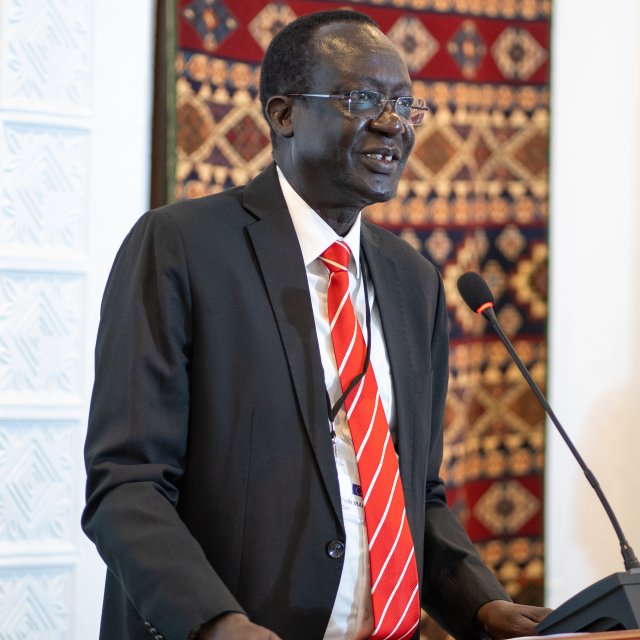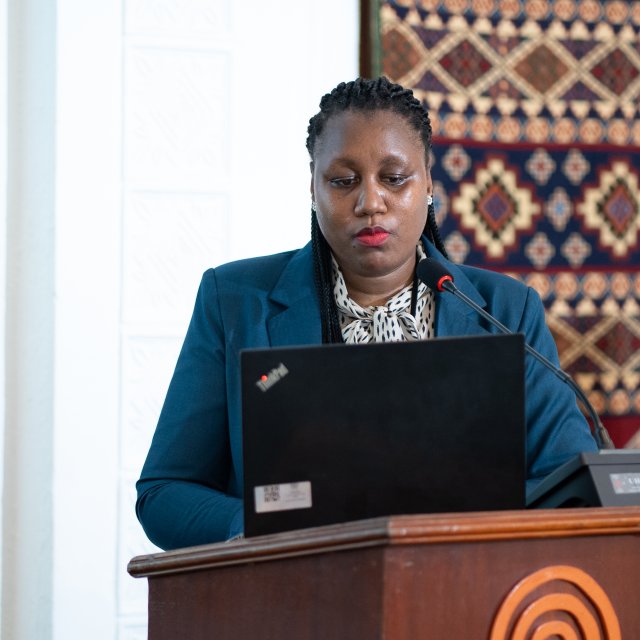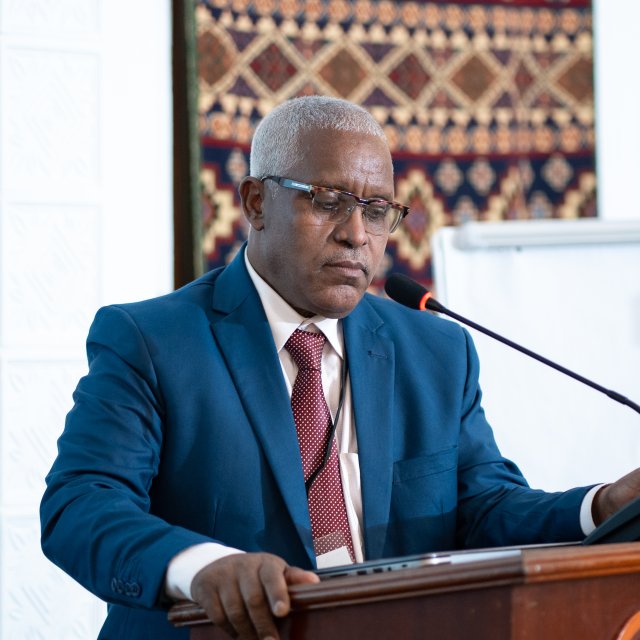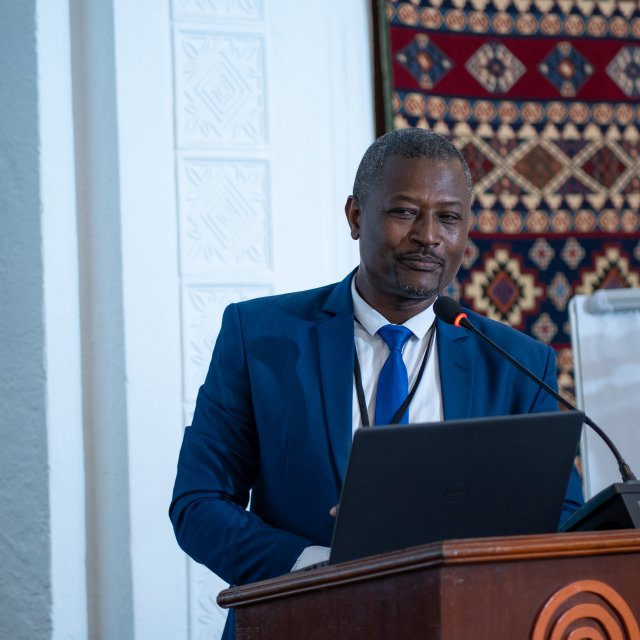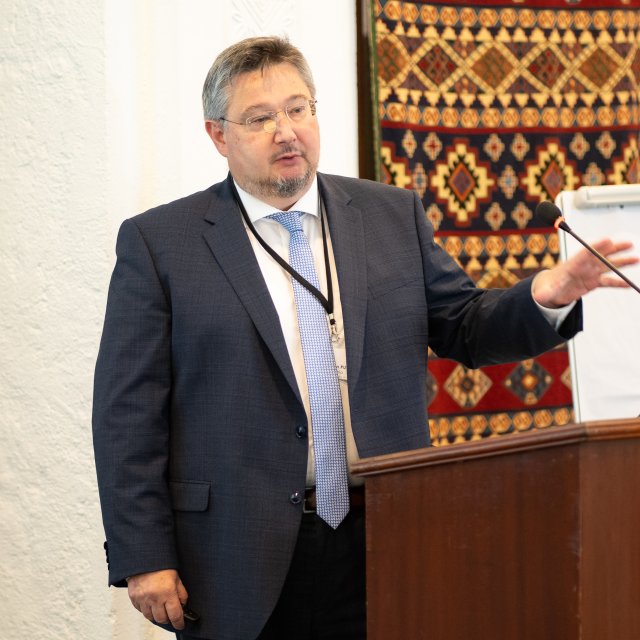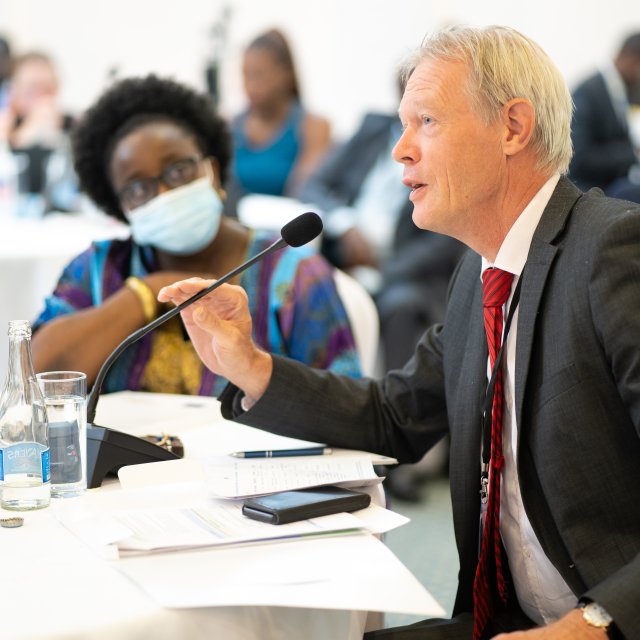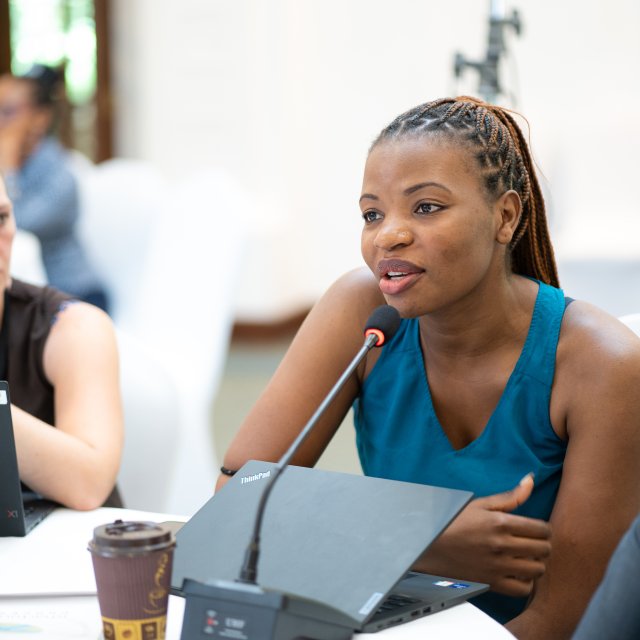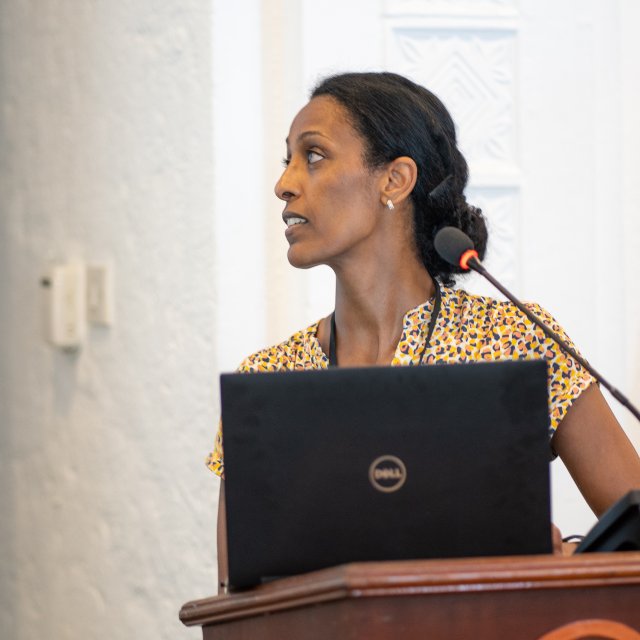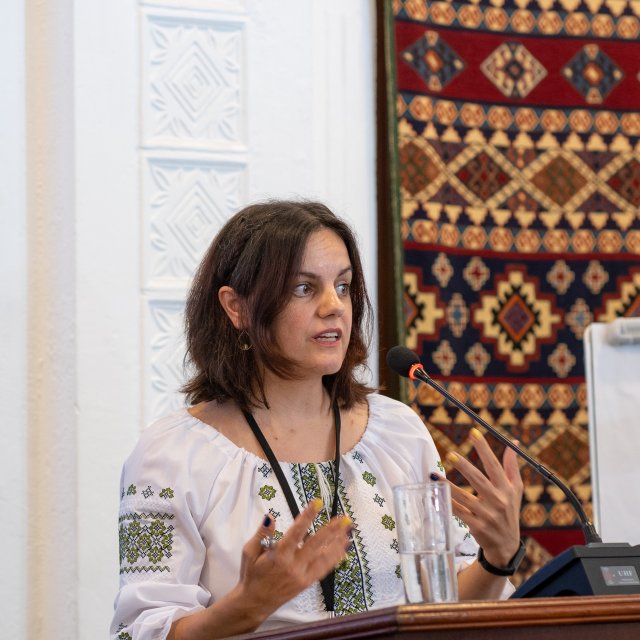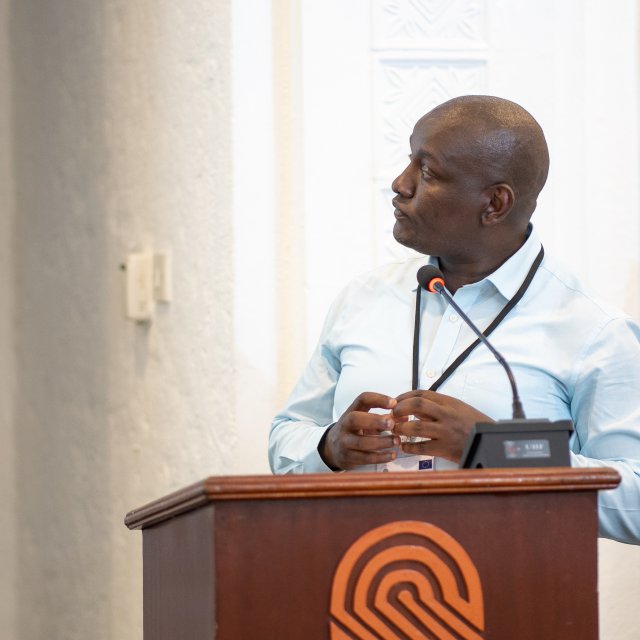On 12 – 13 July 2022, Kenya, with Germany as co-host, welcomed delegates from Khartoum Process partner countries and organisations to Mombasa, Kenya, for a Thematic Meeting (TM) on Legal Pathways: Talent and Skills Mobility Partnerships to Match Labour Market Needs. This meeting built on the successful outcomes of the TM on Legal Frameworks and Policy Development: Optimising the Benefits of Organised Labour Migration hosted by Egypt in 2019, narrowing down the focus of the extensive topic of labour migration, to explore specifically the matter of talent and skills mobility partnerships to match labour market needs.
The meeting objectives were to:
- Establish a conceptual framework for discussions on enhancing the effectiveness of skills mobility partnerships;
- Share experiences on practices and procedures at the national and regional level on labour migration governance in general and skills mobility in particular;
- Understand the constraints of governments in the formulation of policies that promote easy, safe and predictable pathways for migration;
- Identify areas in national and regional policies and frameworks that need improvement to promote better cooperation on talent and skills mobility;
- Propose recommendations for further implementation.
Some of the following key insights were a recurring theme throughout the two meeting days, reiterated in the closing of the meeting:
- Despite the human and financial resources involved, legal labour migration pathways have large potential benefits, from meeting skills shortages faced by many Khartoum Process countries, to offsetting the negative impacts of aging populations, to curbing incentives to migrate irregularly;
- From the country examples showcased, it is evident that countries in the region are making significant efforts to strengthen their national legal frameworks and create enabling environments for safe and regular migration of their nationals. However, more can be done to promote more systematic cooperation between countries of origin and destination to ensure that countries involved can benefit from tailor-made mobility schemes that match their socio-economic realities;
- The expansion of legal migration pathways and labour mobility schemes needs to be accompanied by solid data collection mechanisms, as well as monitoring and evaluation frameworks, so that we know whether we are achieving the desired results, the “triple win” mentioned by several speakers and delegates: a win for the migrants, their countries of origin and those of destination;
- We need to have a more nuanced conversation about “brain drain” and acknowledge that skills mobility partnerships that involve skills development could greatly benefit larger communities in countries of origin, but also that national context vary and while the migration of highly skilled workers may mean brain drain for one country, for other countries a reduction in labour supply can contribute to job creation and wage growth for those who remain;
- This is linked to the importance of understanding national contexts and needs, including national labour markets, but also the needs of the various actors involved in skills mobility partnerships to avoid waste of resources and failed migration journeys;
- While private sector engagement is undoubtedly a key factor impacting the success of mobility schemes, a key challenge remains bridging the gaps between the public and private sectors, which can be done by engaging with their mandates, needs, motivations, expectations and interests.










